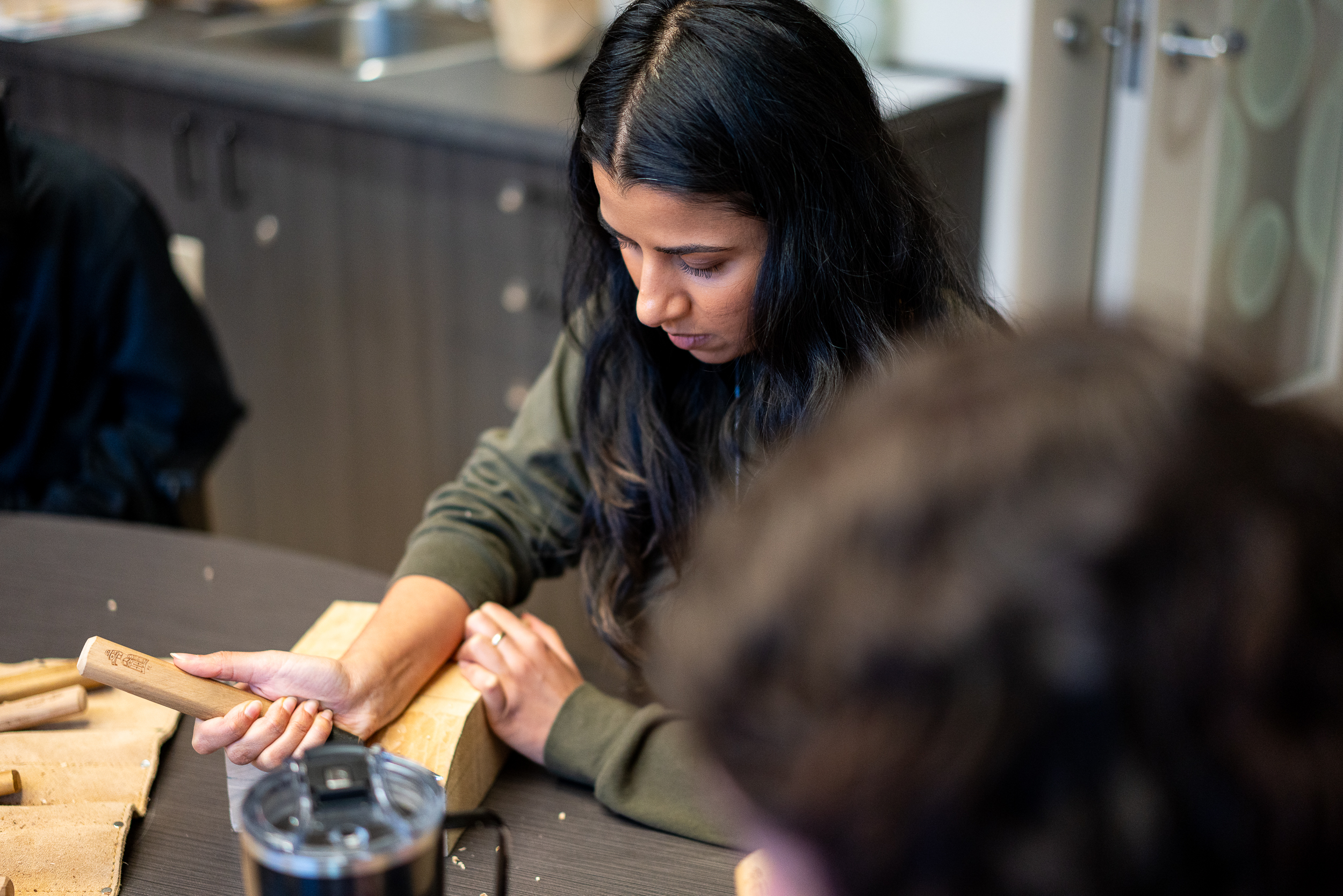Body Image, Disordered Eating & Eating Disorders

Body image, disordered eating and eating disorders exist on a spectrum. As we grow up, there are many factors that can influence how we see and feel about our bodies. Some people experience difficult emotions, thoughts and behaviours related to body image, food and exercise. In this section you will find information, support and resources to help you develop a better relationship with your body, no matter where you are on your journey.
Supporting Someone with Disordered Eating or an Eating Disorder
4 mins
Are you worried for a family member, friend or classmate who is showing signs of disordered eating or an eating disorder? Or perhaps, they have opened up to you about their struggles and are looking for support. This section will discuss how you can support someone experiencing disordered eating or an eating disorder.
Want to explore and learn more? Here are some options for you.

Exploring Your Body Image Habits

Apps & Tools
Take the Body Image, Disordered Eating & Eating Disorders Self-Check Quiz
Take quiz


